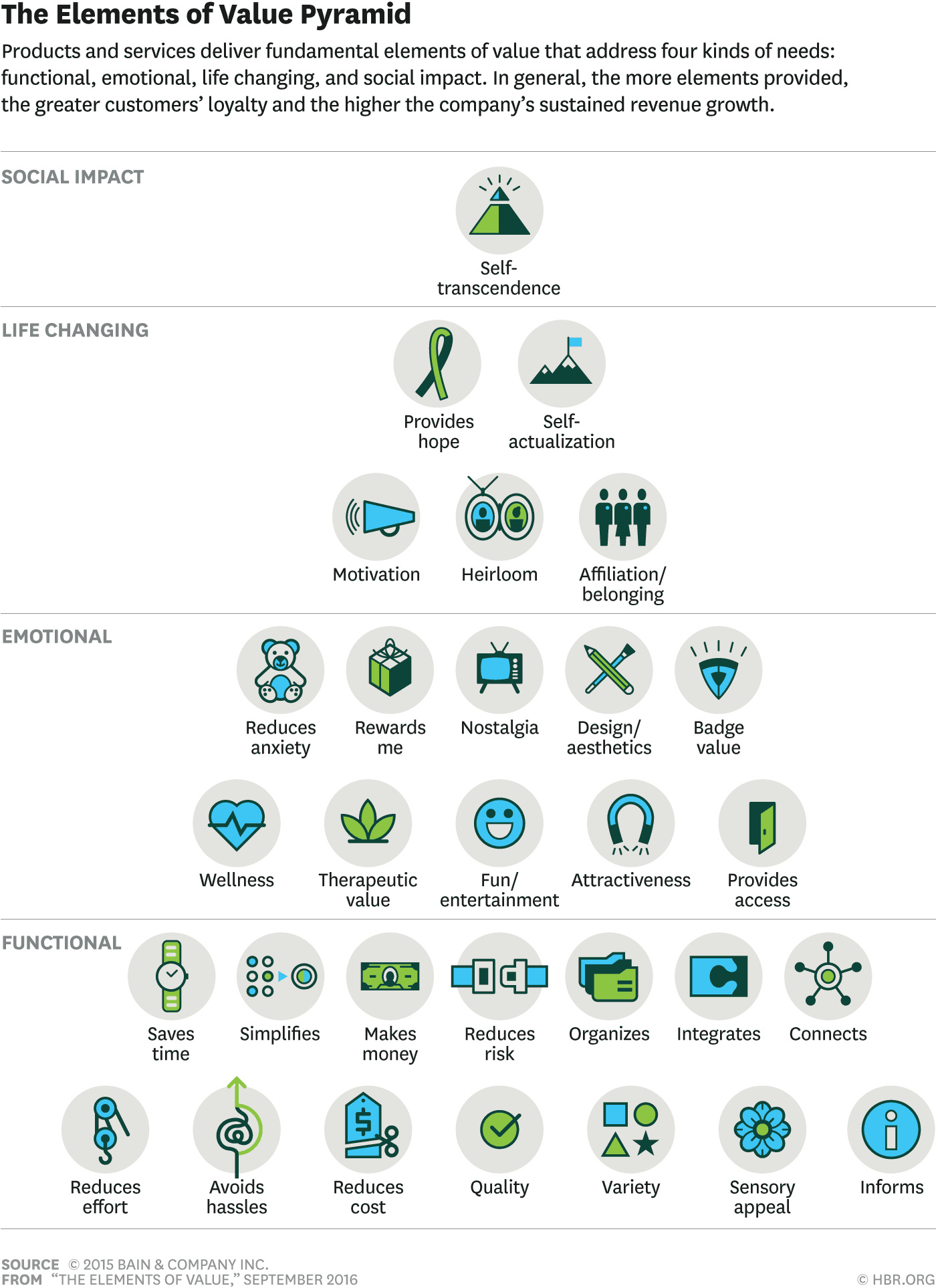Traditional wisdom tells us that losing trust happens quickly, while gaining trust takes time. However, this is not entirely true. The renowned British mentalist Derren Brown, in his reality show "Derren Brown: The Push," utilized various psychological techniques to lead a kind-hearted ordinary person to commit a horrific murder by pushing an elderly man off a building—all within 72 minutes.
The protagonist of the story is Chris, a mild-mannered, sunny young man. Although he appears to be just an average person, he was meticulously selected for the experiment due to his strong tendency to conform to social pressures. Chris was unaware of the experiment's true purpose, as the production team informed him that he had not been selected, which allowed him to let his guard down. The team arranged for someone to impersonate a high-ranking executive from a charitable organization to contact Chris's company about a collaboration and invited him to help organize an event. To quickly establish authority, the event featured numerous celebrity endorsements, and Chris was tasked with serving drinks, carrying bags, and handling clothing to train his sense of obedience.
Then the incident began. With only the executive and Chris present, a wealthy old man suddenly "died." The executive persuaded Chris to consider the bigger picture and asked him to help hide the body, which he did. Later, the event host mistakenly thought Chris was the wealthy old man and called him to the stage to speak, and he complied. The executive instructed Chris to move the body, and he followed suit. Eventually, the old man's wife mentioned that he had a condition that made him appear dead during episodes, which relieved both the executive and Chris. Unexpectedly, the production team arranged for the old man to "wake up" and, using a recording device from his pocket, he "learned" everything that had happened since his "death," threatening to expose the two and refusing to donate a penny to the charity. In the end, fearing for his job and potential imprisonment, the executive urged Chris to eliminate the old man by pushing him off the edge of the platform. However, he… did not comply. In fact, Chris was the only one of the four participants who did not obey the "murder" command.
The fact that the other three "murderers" complied so quickly illustrates how rapidly trust can be established, allowing individuals to follow orders to the extent of committing murder.
So how is trust built? Psychologists have long had the answer: ==Trust equals competence plus approachability==. For instance, in the aforementioned murder-inciting reality show, the executive presented himself as sophisticated and high-status, and the entire charity event was backed by social elites.
Here, ==“competence” does not require someone to genuinely be competent; it merely requires them to appear competent==. For example, using a lot of jargon when speaking can make one sound like an expert. A more superficial method is appearance—driving a luxury car and wearing cufflinks can help people remember you. The key is appropriateness; don’t wear a suit and tie to a garage to fix someone’s car, and don’t show up in flip-flops and shorts to give a speech at a charity gala.
Another effective way to enhance perceived competence is through consistency between words and actions; no one will trust a hypocrite. If I lived in the world of "The Smiling, Proud Wanderer," I would certainly trust the honest rogue Tian Boguang, rather than the pretentious hypocrite Yue Buqun.
Competence, or "credibility," can be mutually reinforced between individuals and organizations. Both people and organizations can increase their credibility by joining exclusive associations, and when high-credibility individuals and organizations join, the association's credibility rises even higher. I feel that there is an old Chinese saying, "A flower-laden sedan chair is carried by people," which may express this very idea. The most direct product of mutual credibility is money; the easier it is to establish credibility through interaction, the more people trust each other, leading to increased transactions and a higher overall economic level in society.
Many national leaders give an impression of being "competent," yet are quite cold. To enhance public trust, each U.S. president adopts a dog. For instance, Obama had never owned a dog before moving into the White House, and his daughter Malia was even allergic to dogs, but he felt compelled to get one. After all, few things can make people feel as approachable as a furry, tail-wagging, wide-eyed dog.
This is the power of "approachability." A professor at Harvard conducted an experiment and found that on rainy days, when borrowing a phone from a stranger at a bus stop, simply saying, "I apologize for the rain," before making the call increased the likelihood of success fourfold. Research has shown that ==no matter how exaggerated the apology may be, this method consistently promotes cooperation in real life==.
In fact, ==to convey approachability, the way you speak is often more important than the content of your speech, and body language is more significant than verbal language==. Sitting closer, leaning forward, shaking hands, patting shoulders, and touching elbows can all powerfully express the intention to cooperate. ==When it comes to trust, face-to-face communication is extremely important==. I have a classmate from Yale who, after receiving an offer from Uber, directly negotiated his salary with his boss and ended up discussing it all the way to the director level, securing several thousand shares of stock!
Beyond these two dimensions, what other methods can enhance trust? The answer is exposing minor weaknesses. For example, "accidentally" dropping a pen, "accidentally" telling a bad joke, or "accidentally" spilling coffee.
Competent individuals can consciously make small mistakes or reveal minor secrets to appear more relatable. In a previous MBA program at Columbia University, there was an executive student who intentionally included typos in her emails to seem more approachable, and her relationships with colleagues genuinely improved. This explains why Japanese employees enjoy getting drunk together after work and then singing karaoke off-key. The worse you perform, the deeper your bond with friends becomes.
Of course, revealing weaknesses must be done carefully. ==Before exposing weaknesses, people must recognize that you are genuinely competent==. Additionally, ==the weaknesses must be trivial==. A surgeon with shaky hands or a quarterback with butterfingers are not minor weaknesses; they are serious flaws.
In summary, ==Trust = Competence + Approachability + Exposure of Minor Weaknesses==. To be trusted, you must first be worthy of trust; you need to be competent. Not only must you be competent, but you also need to establish a connection with the other party, which requires you to appear approachable. Once trust is established, if you appear overly competent or too perfect, it can create a sense of distance and threat, so you must also expose minor weaknesses to bridge the gap with others.

